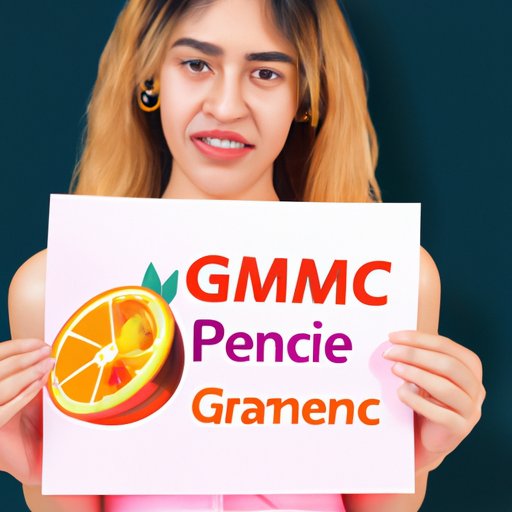
Introduction
Period cramps, also known as dysmenorrhea, are a common experience in a person’s life with a menstrual cycle. Cramps can range from mild to severe, impacting daily activities, concentration, and mood. Therefore, finding relief from period cramps is crucial. This article serves to provide natural remedies, medication options, dietary changes, movements, alternative therapies, and the circumstances under which a healthcare provider should be consulted to help readers alleviate their discomfort.
Natural Remedies for Period Cramps
Natural remedies are an excellent alternative to conventional medicines for those seeking a more holistic approach to period cramps. Heat pads, for instance, are applied to the lower abdomen for pain relief. The warmth from the pad reduces muscle contractions, mitigating pain. Similarly, chamomile tea can be used to alleviate pain as it possesses anti-inflammatory and antispasmodic properties that relax the uterus, reducing pain and inflammation. Furthermore, some gentle yoga poses aid in stress relief and relaxation, positively impacting menstrual cramps. However, it’s important to note that while these remedies are helpful, they should not be used to replace medical advice in severe cases.
Making Dietary Changes
Changing one’s diet can play a significant role in managing period cramps. Consuming more anti-inflammatory foods such as whole grains, fruits, and vegetables has been proven to decrease inflammation and reduce period pain. Foods rich in Phytoestrogens like Tofu, tempeh, and lentils consumption can also help with cramps as they possess estrogen-like compounds that can regulate and balance the natural hormone levels.
Over-The-Counter Medication
Over-the-counter medication is helpful in alleviating period cramp pain, but understanding how it works is vital. Ibuprofen and naproxen are nonsteroidal anti-inflammatory drugs (NSAIDs) that work by blocking the production of prostaglandin, a chemical responsible for inflammation and pain that is released during menstruation. Acetaminophen works similarly to alleviate pain, but it is not an anti-inflammatory medication. Nevertheless, it is essential to follow the recommended dosage and consult a healthcare provider before use.
Reduce Caffeine and Alcohol Intake
Caffeine and alcohol may aggravate menstrual cramps by causing dehydration, nervousness, and worsening bloating. Therefore, reducing or avoiding alcohol and caffeine intake during menstrual cycles might be a useful tactic to mitigate period pain.
Exercise and Movement
Although it may seem challenging, regular exercise and movement can significantly alleviate menstrual pain as it releases endorphins, which help alleviate pain and improve mood. Walking, jogging, swimming, stretching, and light cardio exercises might help reduce menstrual pain.
Try Alternative Therapies
Alternative therapies can also be effective in reducing menstrual cramps. Acupuncture therapy involves inserting thin needles into the skin at specific points on the body; aromatherapy involves inhaling essential oils; and massage therapy involves rubbing or kneading specific areas of the body. While alternative therapies offer a holistic approach, they may not be appropriate for everyone, and readers are encouraged to get medical advice before trying them.
Speak to a Medical Professional
If period pain is severe, frequent, or disrupts daily life, it’s important to consult a gynecologist. The healthcare provider might take a medical history, perform an exam, conduct tests or screenings, or prescribe medication to rule out any underlying conditions that may be aggravating the cramps.
Conclusion
Dealing with period cramps is a common but challenging experience that impacts many people with menstrual cycles. This article provides a range of helpful insights, including natural remedies, dietary changes, over-the-counter medication, exercise, alternative therapies, and consulting with a medical professional. Most importantly, readers are encouraged to try several methods or combinations to find what works best for them. Building healthy habits that alleviate period pain can improve the quality of life and positively impact overall well-being.





